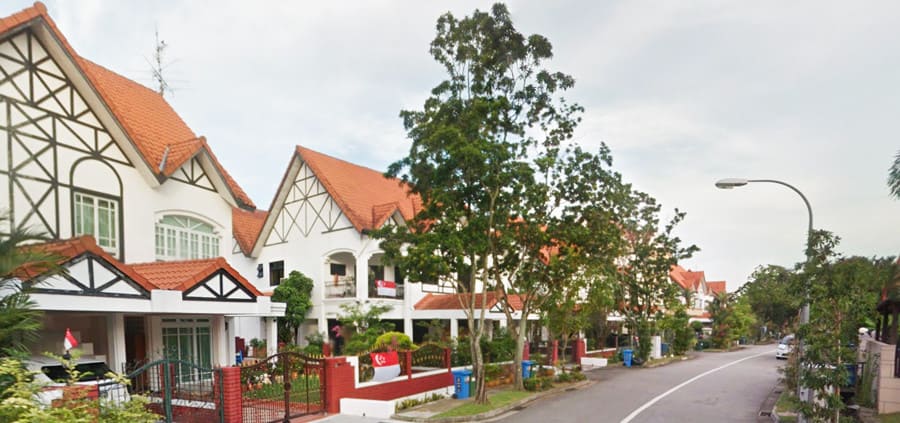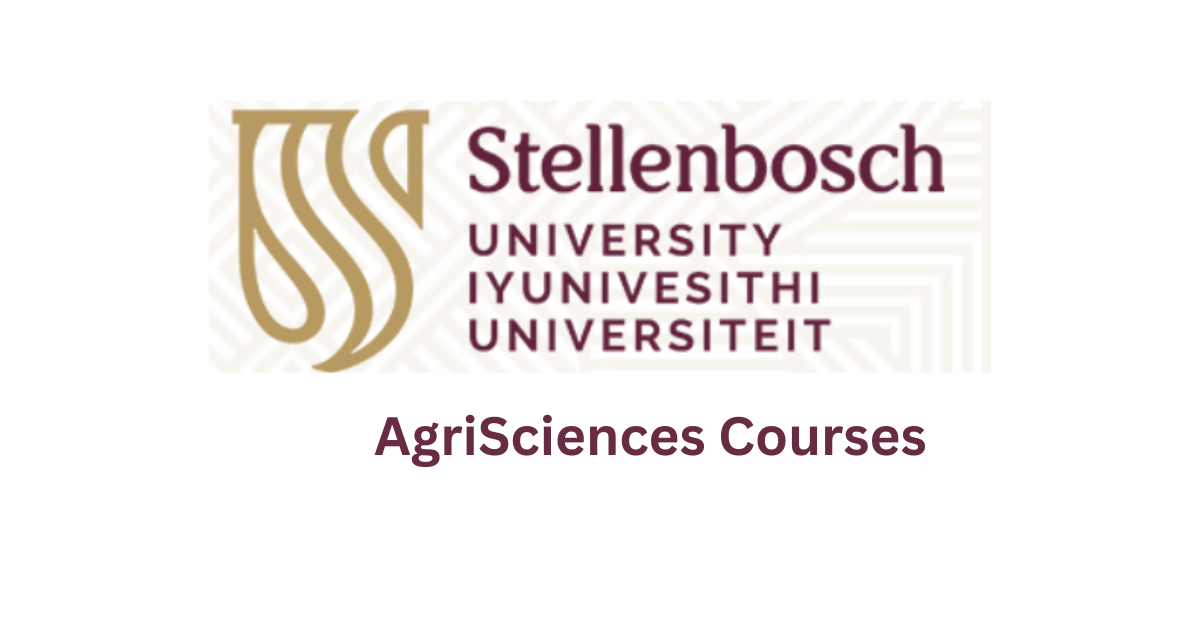The Rhodes University Prospectus is an official publication that provides prospective students with all the necessary information about the university’s academic programs, admission requirements, campus facilities, and student life. The prospectus serves as a vital tool for those seeking to understand what Rhodes University offers and how they can apply. It is particularly useful for applicants in helping them to make informed decisions regarding their studies and future career paths.
How to Access the Prospectus
Accessing the Rhodes University prospectus is a straightforward process, and you can do so in several ways:
Online Access
- Visit the official Rhodes University website.
- Navigate to the Admissions section, where you will find the latest prospectus available for download.
- The prospectus is typically available as a PDF, which you can easily download and view on your device.
Request a Hard Copy
- If you prefer to have a physical copy, you can request one directly from the university’s admissions office.
- Alternatively, the university often provides hard copies of the prospectus at career fairs, open days, or other university events.
Email Request
- You can also email the admissions office to ask for a prospectus. Ensure you mention whether you are seeking an undergraduate or postgraduate prospectus, and specify your area of interest if applicable.
The prospectus is generally free of charge, and the university ensures that it is easily accessible to all potential applicants.
Structure of the Prospectus
The Rhodes University Prospectus is divided into clear sections, each providing essential information to guide prospective students. Here is an overview of the key sections:
Welcome and University Overview
- A message from the Vice-Chancellor, offering a warm welcome and introducing the values and ethos of Rhodes University.
- An overview of the university’s history, mission, vision, and academic priorities, as well as its reputation for high standards of teaching and research.
Academic Programmes
- Comprehensive descriptions of undergraduate and postgraduate programs offered across the university’s faculties.
- Each program listing includes details such as course content, specializations, and career outcomes.
- Entry requirements for each program, including academic qualifications and specific subject prerequisites.
Admission Requirements
- Clear guidelines on the eligibility criteria for each program.
- Detailed information on the necessary academic qualifications, such as school-leaving certificates, language proficiency requirements, and any other assessments (e.g. interviews, portfolios).
Application Procedures
- Step-by-step instructions for applying to Rhodes University, whether you are applying online or via post.
- Information on supporting documents required for the application, such as academic records, proof of identification, and application fees.
- Special instructions for international students or applicants from different educational systems.
Student Life and Campus Facilities
- A look at Rhodes University’s campus, facilities, and student services.
- Information on libraries, IT facilities, sports complexes, student accommodation, and food services.
- Insight into the vibrant student life at Rhodes, including student societies, clubs, and cultural events.
Fees and Financial Aid
- A breakdown of tuition fees for various programs, as well as other associated costs, such as accommodation and registration fees.
- Financial aid options, including scholarships, bursaries, and loans.
- Detailed instructions on how to apply for financial assistance and the deadlines for submission.
Key Dates and Deadlines
- A detailed calendar of important dates, such as application opening and closing dates, reg istration periods, and the start of the academic year.
- Deadlines for submitting documents and applying for accommodation, financial aid, and other services.
Campus Information
Rhodes University is situated in the picturesque town of Grahamstown, a heritage-rich area in the Eastern Cape. The university’s campus is renowned for its beautiful architecture and vibrant student life. Here are some key features of the Rhodes University campus:
Campus Overview
- Location: Rhodes is located in Grahamstown, a small town that is often described as a cultural and academic hub. The university is within walking distance of the town centre, providing students with access to local shops, restaurants, and cultural sites.
- Environment: The campus is set in a lush, tree-filled area, creating a tranquil environment for studying and personal growth. Rhodes University prides itself on being one of the most beautiful university campuses in South Africa.
Academic Facilities
- Rhodes is equipped with modern lecture halls, seminar rooms, laboratories, and research centres. The university places a strong emphasis on research and offers a range of postgraduate opportunities.
- Libraries: The university boasts excellent library facilities, with extensive collections to support students’ academic needs.
- Student Accommodation: There are a variety of on-campus and off-campus accommodation options, all designed to ensure that students have a comfortable and conducive living environment.
Student Life
- The university has a strong focus on student engagement and offers a wide range of societies, sports teams, and extracurricular activities.
- Cultural events, such as music festivals, theatre productions, and art exhibitions, are common on campus. Students can also get involved in community outreach programs.
Application and Admission
The application process for Rhodes University is designed to be simple, but it is important to follow the necessary steps and deadlines. Here’s an overview of the application process:
Eligibility
- Review the prospectus to determine if you meet the academic requirements for your chosen program.
- Ensure that you meet the minimum entry requirements for your course, including the required subjects and qualifications.
Submit Your Application
- Applications can be made online via the Rhodes University application portal, or applicants can send in their documents via post.
- The prospectus provides full instructions on how to complete your application, including any documentation needed.
Application Fee
- You will need to pay an application fee when submitting your application. This fee is usually non-refundable and must be paid according to the instructions in the prospectus.
Notification of Results
- After your application is processed, you will receive an offer letter if accepted. The letter will outline your next steps, such as registration and course selection.
Fees Structure
The fees for studying at Rhodes University vary depending on the program, level of study, and accommodation choices. Below is an overview of what you can expect:
Tuition Fees
- Rhodes University’s tuition fees are structured according to the program you’re studying.
- Fees for undergraduate and postgraduate courses may differ, with postgraduate programs often carrying higher tuition costs.
- The prospectus includes a detailed breakdown of tuition fees for each faculty, including any additional costs for specialized equipment or materials.
Accommodation and Living Costs
- Accommodation fees depend on the type of residence you choose. On-campus residences are available in different configurations, and fees vary according to the facility.
- Students should also budget for living expenses, such as food, transport, and study materials.
Financial Aid
- Rhodes University offers financial aid through bursaries, scholarships, and loans. The prospectus outlines the eligibility criteria for financial assistance and provides instructions on how to apply.
Key Dates
To ensure you don’t miss important deadlines, here are some of the key dates typically outlined in the Rhodes University prospectus:
- Applications Open: May (check the prospectus for specific dates).
- Applications Close: Generally in September, though some programs may have earlier deadlines.
- Registration Period: January to February.
- Academic Year Start: February.
Always check the prospectus for the exact dates for your chosen program.
Conclusion
The Rhodes University Prospectus is an invaluable resource for anyone considering applying to the university. It provides comprehensive information about everything from academic programs and application procedures to campus facilities and fees. By carefully reviewing the prospectus, prospective students can ensure they are fully prepared for their time at Rhodes University.
For more information and to access the prospectus, visit the official Rhodes University website.



